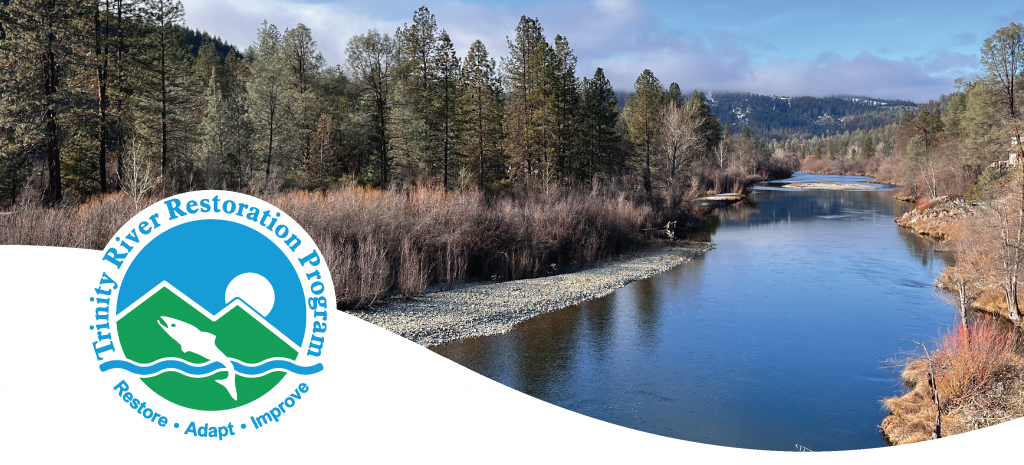
River Riffle Newsletter – June
Contents
- Highlights from the June TMC Meeting
- 2023 Watershed Grantees to be announced
- Upper Conner Creek Restoration Site – 2024
- Featured Article
- Upcoming Meetings and Events
Important Links
- June 20: Trinity County Board of Supervisors: Presentation by Tom Stokely (presentation begins at 51:22)
June TMC Meeting Recap
Each quarterly Trinity Management Council meeting is held in a different location to represent members of the TMC. The location and host generally follow this schedule:
- December – Forest Service or Bureau of Reclamation, Redding
- March – Trinity River Restoration Program, Weaverville
- June – Fish and Wildlife Service, Arcata
- September – Hoopa Valley and Yurok Tribe, Weitchpec
The June quarterly meeting was led by Don Bader (USBR) who serves on the TMC as Vice Chair for 2023. Included were several presentations throughout the 2-day meeting. Day one included the TRRP Executive Director Report (click to download), a presentation from contracted agency Inter-Fluve who presented recommendations expected from their final report, Phase II Implementation Review and Recommendations. After lunch Chad Smith from Headwaters presented on the Program Document which was a decision item for the TMC. The board voted to adopt and submit the document to the Department of Interior for final review. After the discussion and vote, Kyle Sipes from McBain and Associates presented the 60% design of the Program’s future channel rehabilitation project at Upper Conner Creek in Junction City (read below for more on Upper Conner Creek). The day ended with a presentation from Chad Martel from Hoopa Valley Tribal Fisheries Department on the topic of preliminary findings from a Trinity River Juvenile Chinook survival study, a study funded outside of TRRP.
Day two focused on update presentations and approving the FY24 program budget. Update presentations included Justin Alvarez, Hoopa Valley Tribal Fisheries & Watershed workgroup coordinator about the 2023 watershed restoration grant project recipients (official announcement below). Next was a presentation from Jo Anna Beck, Reclamation Natural Resource Specialist who gave an update on interested party alternatives and timeline regarding the Trinity River Division reconsultation with CVO. Alternatives are under “red flag review” with interested parties until June 23. Next was Tom Patton, Reclamation Hydrologic Engineer, who discussed trans-basin diversion allocation plans and answered questions regarding dam infrastructure. The final presentation of the day was from, Reclamation Fish Biologist Derek Rupart on planning upgrades to the Trinity River Hatchery.
2023 Watershed Grantees
On June 16, The Bureau of Reclamation and the U.S. Department of Agriculture Natural Resources Conservation Service announced 11 projects totaling $6 million to be awarded as part of three Klamath Basin Salmon Restoration grant programs. Partnering with the National Fish and Wildlife Foundation to administer funds, the grants will be combined with $9,395,146 in matching contributions for a total conservation impact of nearly $15 million.
Four of the 11 aforementioned projects will be administered in the Trinity River watershed. The four projects selected will improve aquatic habitat by reducing fine sediment delivery, improving fish passage, and pursuing increases to tributary flows in the dry season in tributaries of the Trinity River. An update on each Trinity River watershed restoration project can be found in the upcoming July newsletter.
Read the official BOR press release by clicking here.
Upper Conner Creek – proposed 2024 Restoration Project
The Upper Conner Creek Restoration Site is proposed to be the Program’s 2024 rehabilitation project. The site sits west of the Dutch Creek Bridge stretching from river miles 78.5 to 77.1. The area accounts for approximately 82 acres of private and federal land and overlaps two previous rehabilitation sites, the 2005 Hocker Flat Rehabilitation site upstream and the 2006 Conner Creek Rehabilitation site downstream.
The current design for the rehabilitation effort will create four new lowered surfaces designed to inundate at a variety of flow rates, a new boat launch accessible from BLM land, several new in-channel features engineered to produce hydraulic roughness, and a side channel bifurcating (cutting) the most downstream reach of the site. Modeling shows at minimum a doubling of rearing capacity for Fry and Pre-smolt over a wide range of flows.
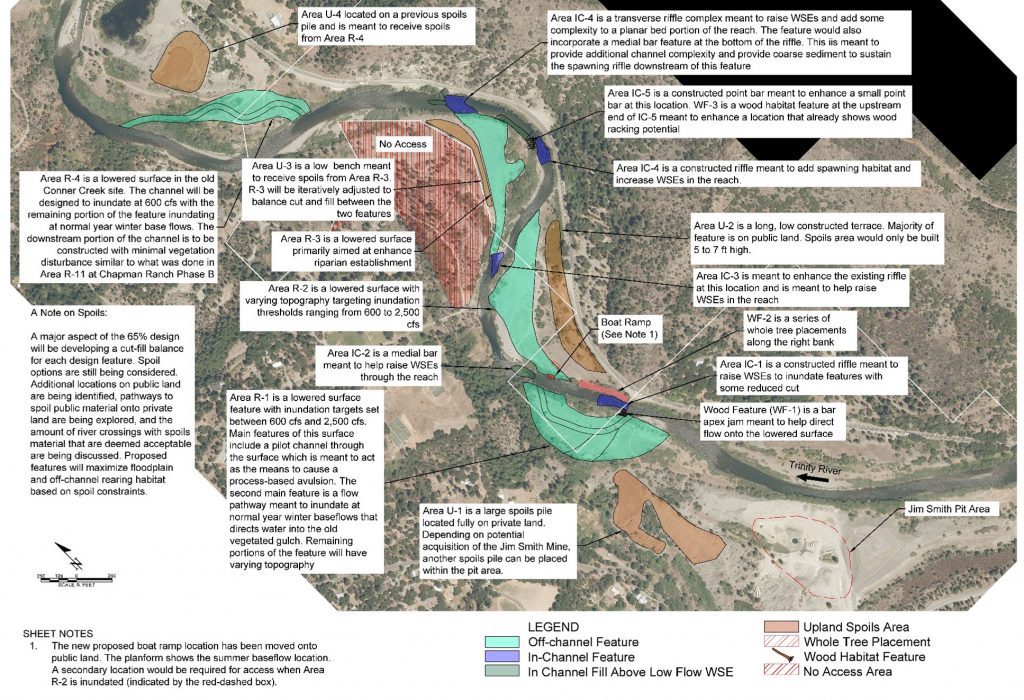
Featured Article
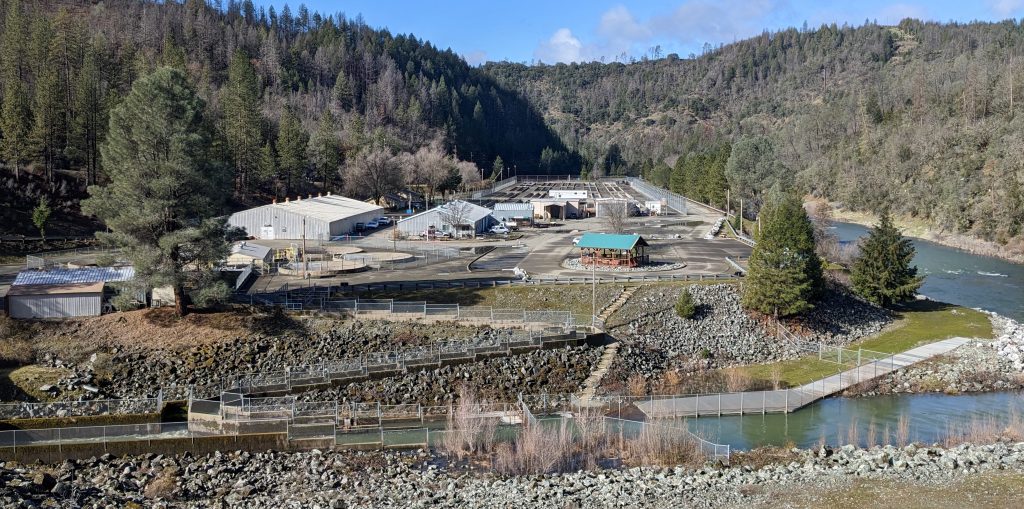
Trinity River Hatchery Modernization Project
Federal funding has provided the opportunity to institute much-needed modernization for the Trinity River Hatchery. Trinity River Hatchery (TRH) is a Reclamation-owned, Central Valley Project mitigation hatchery which was established to produce juvenile salmonids to mitigate for the loss of fish habitat upstream of Lewiston and Trinity Dams. Continue Reading …
Upcoming Meetings and Events
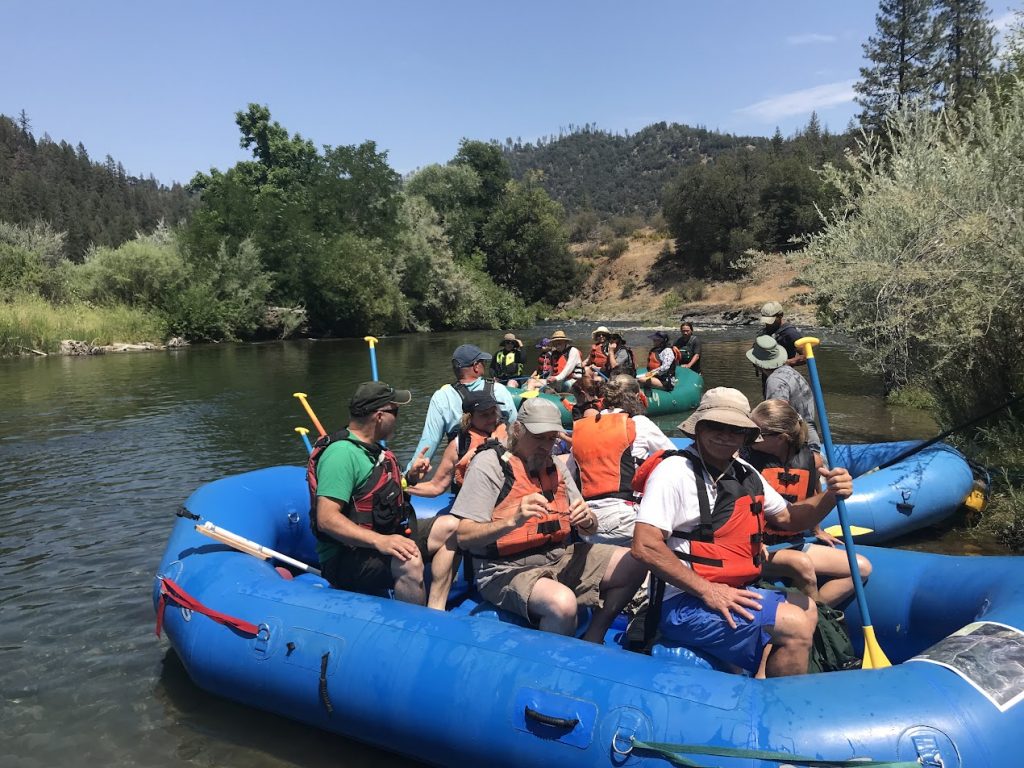
June 24 – Trinity River Float
Mark your calendars! June 24 is the date for our annual public float and this year we’ll be floating Evans Bar to Junction City campground. This event is a highlight every year and is produced in conjunction with the Trinity County RCD and Trinity River Rafting. If you haven’t reserved a spot and are interested in being placed on the wait list please call, Rebekah Wolfinbarger at 530-623-6004.
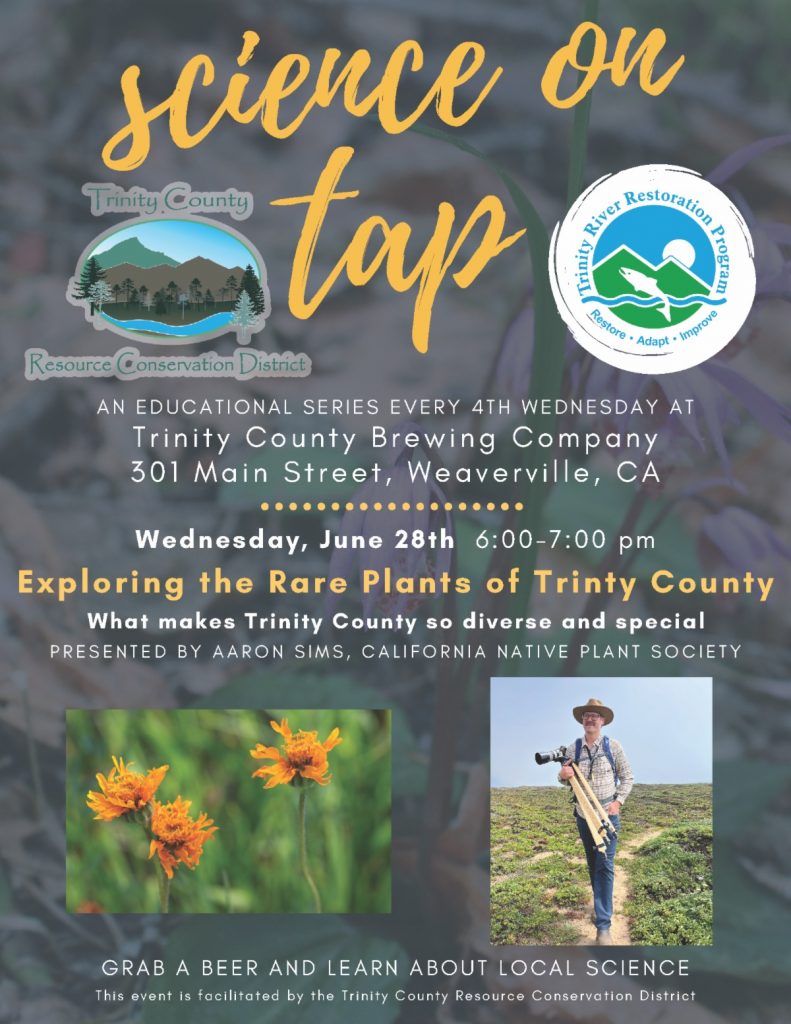
June 28, 6pm – Science on Tap
Trinity County Brewing Company
This month, we are thrilled to have local Botanist Aaron Sims, the Director of Rare Plants at the California Native Plant Society, as our guest speaker. Aaron will present an intriguing talk titled “Exploring the Rare Plants of Trinity County,” diving into the unique biodiversity and exceptional qualities that make Trinity County home to 180 rare plants.
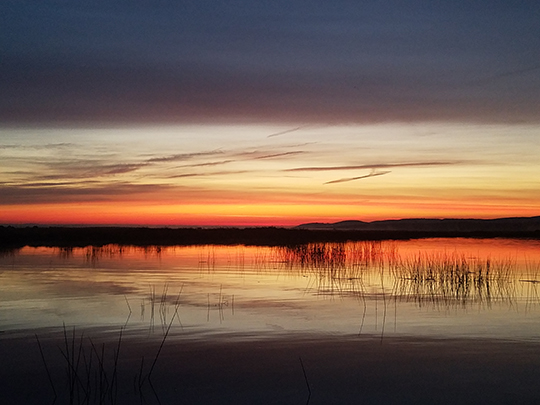
September 13, TBD – WIIN Act Quarterly Update Meeting
Virtual: Teams meeting call-in info TBD
The Bay-Delta Office coordinates the legal and regulatory compliance requirements associated with the Central Valley Project, provides biological support for water operations, implements many of the fish and wildlife project purposes, and supports water supply development, in partnership with other Reclamation offices, agencies, stakeholders, interested parties, and the public.
Reclamation will hold a quarterly meeting to provide an update on the development of the Biological Assessment for the 2021 Reinitiation of Consultation on the Long-Term Operation of the Central Valley Project and State Water Project, pursuant to the Water Infrastructure Improvements for the Nation (WIIN) Act. The meeting will be held virtually on Microsoft Teams.
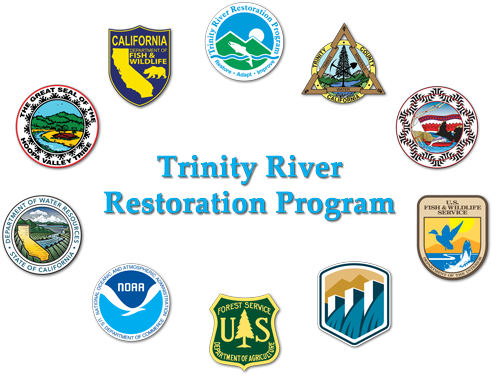
September 13-14, All Day – Quarterly TMC Meeting
In Person: Weitchpec, CA Virtual: Teams meeting call-in info TBD
Contact Us
Call Us: 530-623-1800 Email Us: info@trrp.net
